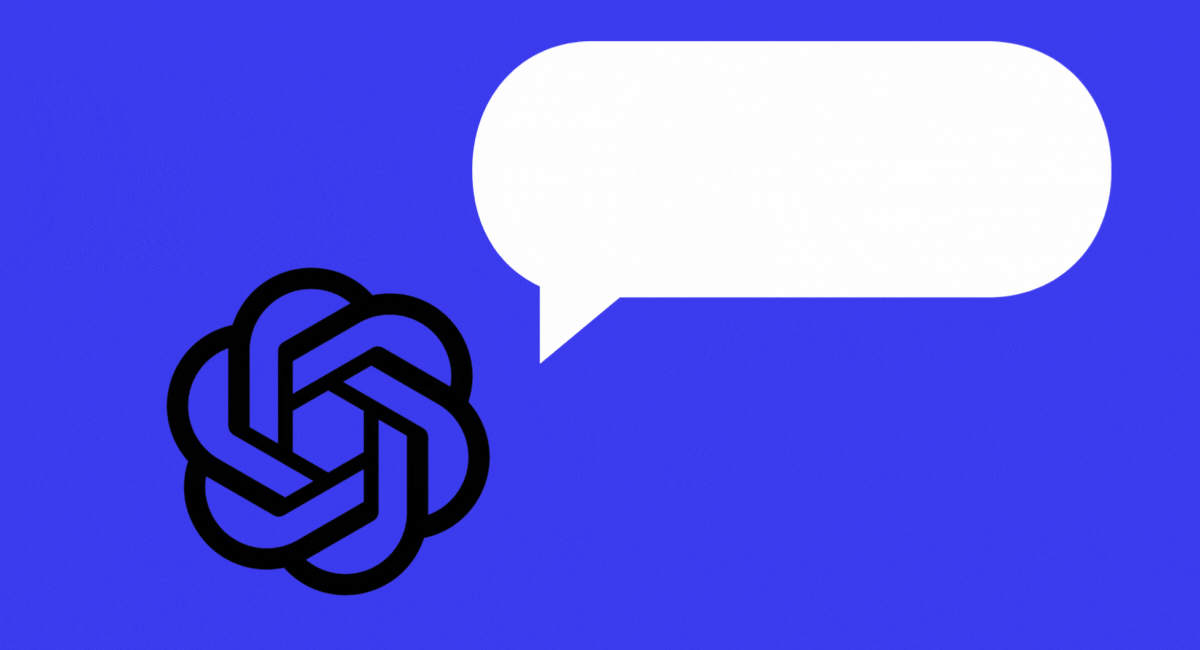The problem: Because no one’s accessibility needs are exactly the same, there isn’t a one-size-fits-all way to make video game consoles accessible to people with disabilities.
The solution: Sony’s Access controller for the PlayStation 5 is a modular device that allows players to arrange and remap the buttons to pick a configuration that works for them.

.png)
.png)

.png)
.png)
.gif)


